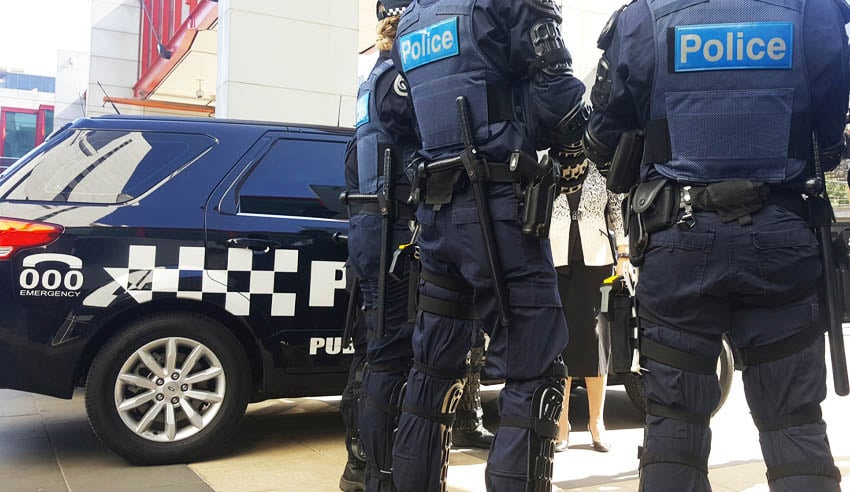In the lead-up to the final report, Victoria Police claimed that lawyers for an inquiry into Nicola Gobbo wrongly criticised their apology to the community, but made no mention of the findings that it is yet to apologise to the people most affected by the saga.

Earlier this month, counsel assisting the Royal Commission into Management of Police Informants (RCMPI) claimed that Victoria Police’s apology to the state’s justice system “undermined institutional remorse”. In new response submissions, Victoria Police have asserted the attack was unfounded but made no mention of other controversial claims.
“Victoria Police accepted responsibility and apologise for what has occurred because it is appropriate to do so and is the right thing to do,” lawyers for the organisation wrote, adding that for counsel assisting to suggest that the apology was “anything other than genuinely made” by Victoria Police was “offensive and without foundation”.
Counsel assisting made clear in their submissions that while Victoria Police apologised to the courts and to the community, it had evidently left out “the accused persons who have been prosecuted and imprisoned in connection with their use of Ms Gobbo”. The organisation, yet again, failed to make a mention of these accused in the recent reply.
In reply submissions, Victoria Police claimed that counsel assisting undermined how they apologised by contending it understated the effect of findings from the Kellam report, an original inquiry of Lawyer X, and were unwilling to accept that its individual members were “at the very least negligent and bore some responsibility for what occurred”.
Specifically, counsel assisting submitted: “For Victoria Police to fail to accept that any individuals bear responsibility, while simultaneously apologising to the courts and the community, reflects an attempt to shield the actors from bearing responsibility.”
Looking back on its original reply submissions, Victoria Police said the failings of each unit managing Ms Gobbo were “primarily organisational and systematic”. It did make a mention of the individuals who had “significant mistakes” and had owned up to them.
However, the tail end of its apology does attempt to dissuade too much criticism of its officers and the organisation itself: “Victoria Police is absolutely committed to restoring the loss of faith that these events have caused. However, it is also critical that while it is examining why and how these events occurred, that the women and men who serve this state are not unfairly tarnished.”
Victoria Police asked that the commission takes into account the “place that it holds in the Victorian community, the work that it does and the depth and breadth of roles that are undertaken by its members and all employees”. The organisation added that while precise motivations may vary, members of the force join out of a desire to do good.
Victoria Police also criticised the lawyers for submitting that the organisation had made to “elide individual responsibility or to frame public opinion” against the commission by claiming that counsel assisting were engaging in apprehended bias, had failed in their duty to uphold procedural fairness and had their impartiality attacked.
While Lawyers Weekly could find no direct reference to the apprehended bias and the impartiality attack claim, we could find reference to the procedural fairness allegation. In it, Victoria Police wrote that there were “many findings sought by counsel assisting” about matters that they could have “put to witnesses but did not”.
